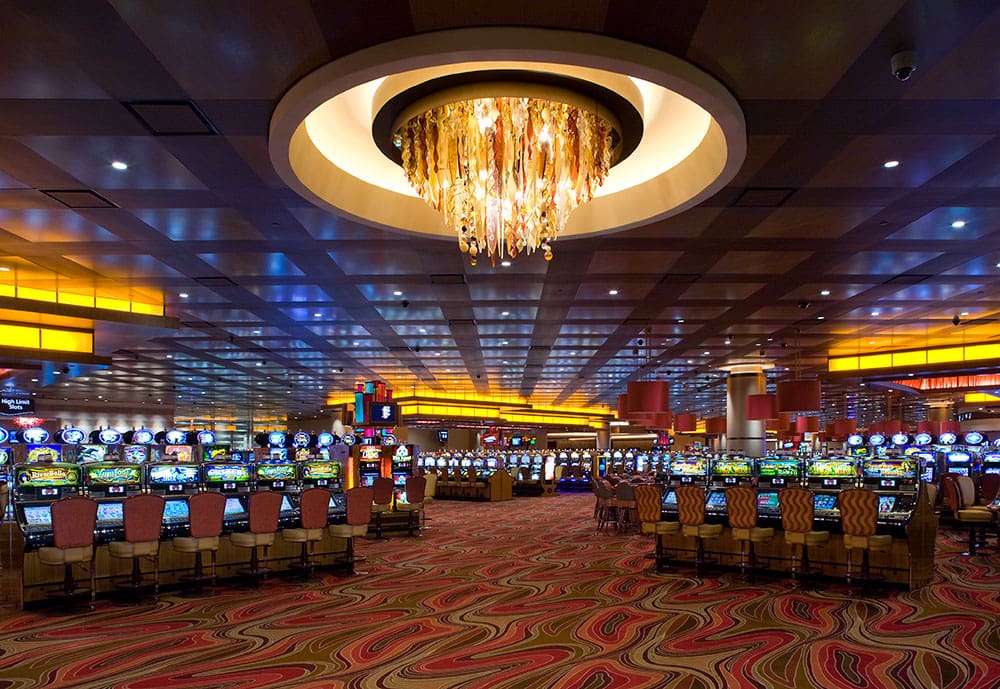
In the world of gambling, in which chance and strategy converge, a unique tapestry of beliefs emerges—one that weaves together luck, fate, and the enigmatic nature of casino games. Casinos, bustling with excitement and anticipation, are not just places for placing bets; they are also arenas in which superstitions thrive. Ranging from the novice player to the seasoned gambler, these mysterious practices often shape how individuals approach the games they play, holding the belief that their actions can affect the outcome in ways that go beyond mere probability.
As players gather around roulette wheels, blackjack tables, and slot machines, the atmosphere is thick with stories of lucky charms, rituals, and codified behavior that defy logic yet provide a sense of comfort. Whether it’s wearing a specific outfit, following a particular sequence of bets, or even avoiding certain numbers, the attachment to various superstitions reflects a deep-rooted desire to master the uncontrollable. This article delves into the captivating world of casino game superstitions, exploring the beliefs that simultaneously entertain and mystify those who dare to play.
Historical Origins of Superstitions
Casino activities have long been connected with an array of superstitions that go back to primitive civilizations. The beginnings of these ideas can be associated to humanity’s intrinsic need to influence the unpredictable outcomes associated with luck and randomness. In primitive civilizations, games of uncertainty were often connected to religious practices. Players would invoke blessings or seek favor from spirits, believing that their actions could affect the odds in their favor. This foundation laid the basis for the variety of superstitions that developed as casino games evolved over time.
During the medieval period, betting became a popular pastime across the continent, and with it, a diverse tapestry of superstitions developed. Participants adopted various rituals and charms, believing they could change the consequences of games. The importance of digits, in particular, emerged to appear in superstitions around card games and dice. The number seven was often considered auspicious, while other numbers carried bad connotations. These ideas mirrored the social contexts of the time, changing as they passed through generations and transformed to emerging gaming environments.
As gambling houses emerged in the seventeenth century, particularly in Italy and France, the atmosphere surrounding gambling became steeped in mystique. The growing openness of casino activities allowed for the spread and variation of superstitions among players. Concepts like fortunate charms, designated seating locations, and rituals gained prevalence, creating a distinct culture within casinos. As these traditions continued to thrive, they became fundamental to the identity of casino games, illustrating how historical developments and tradition shape the belief systems that influence how players engage with luck.
Widespread Gambling Myths
Beliefs surrounding gambling games are plentiful and diverse, mirroring the hopes and fears of players as they engage in random games. One of the most prevalent views is that specific numbers bring fortune or misfortune. For example, the digit 7 is often seen as a favorable digit, frequently sought after by gamblers looking for a positive result. Conversely, the number 13 is routinely considered unlucky, leading many gamblers to steer clear of it during their gambling sessions.
A common belief relates to practices that players believe can influence their odds. Whether blowing gently on dice before a throw, using a particular gesture to place a bet, or even putting on particular items of attire, many individuals feel that these actions can sway luck in their benefit. These practices offer a sense of control in an otherwise random environment, reinforcing the idea that luck can be manufactured through personal convictions and customs. Zorototo
Lastly, the ambiance and vibe of the gambling house itself adds to superstition. Many gamblers suggest that the presence of certain icons, such as four-leaved clovers or fortunate coins, can enhance their odds of winning. Additionally, gamblers might adhere to the notion that victory streaks can be halted by mundane occurrences, such as a person passing by or a accident at the gaming surface. The shared atmosphere in a casino can amplify these superstitions, creating a communal culture of myths that transcends single encounters.
Impact of Superstitions on Players
Superstitions play a crucial role in the mindset of gamblers, often affecting their behavior and decision-making. A lot of gamblers believe that luck can be manipulated through various rituals, such as wearing a lucky charm, selecting specific colors, or avoiding certain numbers. This dependence on superstitions can create a sense of control in an environment that is inherently unpredictable. Players often feel more confident and involved when they think that their actions could sway the outcome of a game in their advantage.
The impact of these superstitions extends past singular players, affecting the overall atmosphere inside the casino. For instance, a player who believes in the luck of a particular slot machine might draw a gathering, as onlookers are fascinated by their apparent success. This collective belief can heighten excitement and create a lively environment, leading to an interesting experience even for those who may not necessarily be superstitious. The excitement around specific games can lead to increased participation and longer playing sessions, supporting the casino’s lively social scene.
In some instances, superstitions can lead to harmful effects for players. Depending too much on rituals can result in poor gambling decisions, as some may overlook basic strategies in favor of baseless beliefs. Additionally, the stress to perform rituals may increase anxiety and stress levels, detracting from the enjoyment of the experience. Ultimately, while superstitions can enhance the thrill of playing casino games, they can also lead to poor choices that overshadow the fun and entertainment intended in the casino experience.
